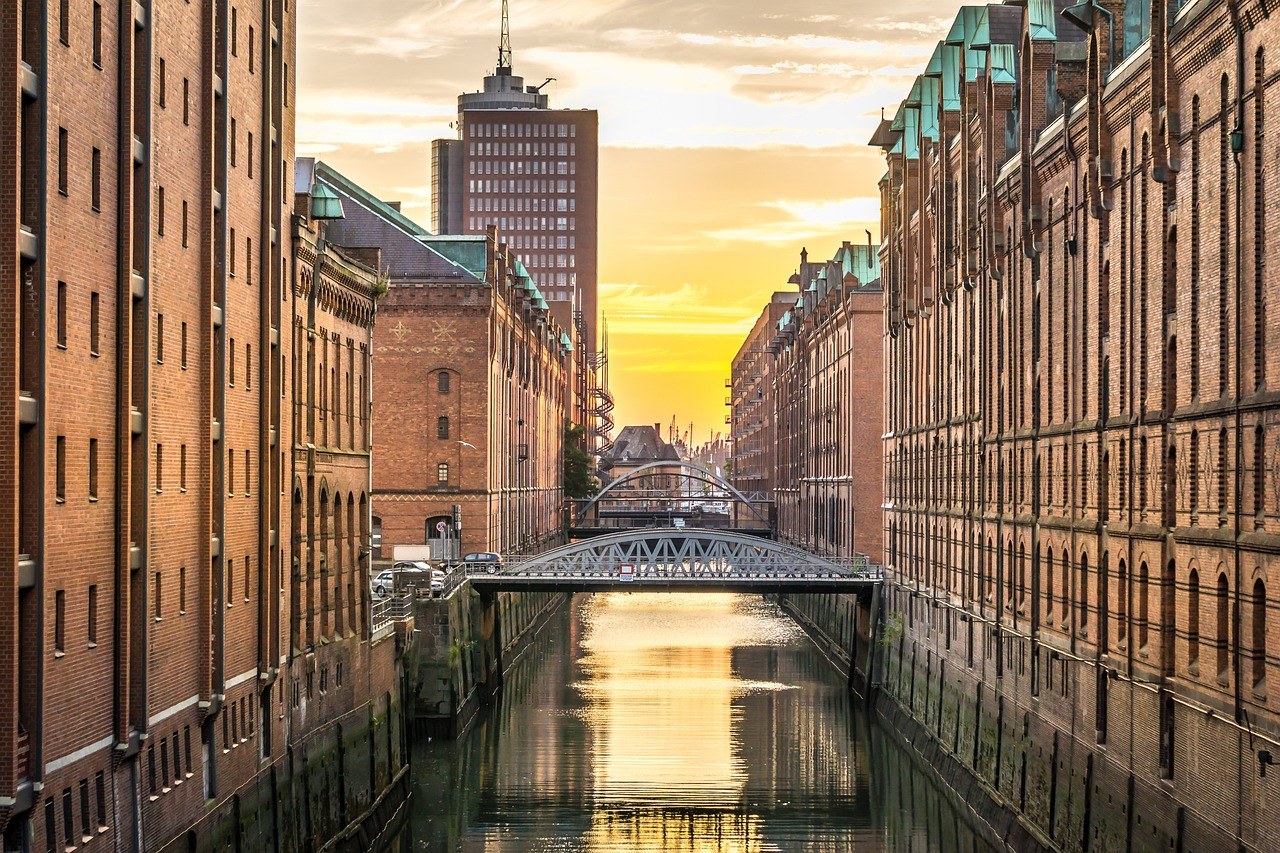Political Turmoil in Germany: Coalition Government on the Brink
Germany’s political landscape is facing a significant upheaval as Chancellor Olaf Scholz has dismissed Finance Minister Christian Lindner, igniting a crisis within the ruling coalition known as the “traffic light” alliance. This coalition, which has been in power since 2021, comprises Scholz’s Social Democrats, the environmentally focused Greens, and Lindner’s Free Democratic Party (FDP). The dismissal has raised questions about the stability of the government and its ability to manage pressing economic challenges.
Collapse of Trust Among Coalition Partners
Chancellor Scholz expressed a profound lack of trust in Lindner, alleging that the finance minister prioritized his party’s interests over national welfare. He remarked that this betrayal of confidence comes at a time when Germany must project reliability to its international partners, particularly in light of recent changes in global politics. Lindner, on the other hand, criticized Scholz for steering Germany into a period of uncertainty.
The tensions within the coalition had been simmering for weeks before boiling over, culminating in this dramatic fallout.
The coalition’s fragility poses a risk to Europe’s largest economy at a time when it is grappling with significant challenges. The fallout from Russia’s invasion of Ukraine has escalated energy costs and forced Germany to reconsider its defense spending amidst an influx of 1.5 million Ukrainian refugees.
A Vote of Confidence and Implications for Governance
Scholz announced plans to hold a vote of confidence in the Bundestag on January 15, 2024. Should the parliament reject his government, early elections could be called as soon as March. Currently, without a majority, Scholz will lead a minority government reliant on securing support from other parties for legislative actions.
-
The dismissal of Lindner also means that four additional FDP ministers will vacate their positions.
-
Economy Minister Robert Habeck from the Greens indicated that his party would remain committed to the coalition despite these developments.
In light of these events, Scholz is seeking collaboration with opposition leader Friedrich Merz from the Christian Democratic Union (CDU) to navigate budgetary measures aimed at revitalizing Germany’s struggling economy and enhancing military funding.
As Germany grapples with these political and economic uncertainties, observers are keenly watching how these developments will shape both domestic policy and international relations. The coming weeks will be critical as Scholz attempts to stabilize his administration amid rising tensions and potential shifts in power dynamics within parliament.


